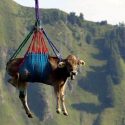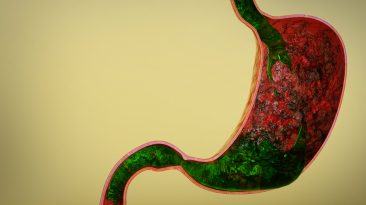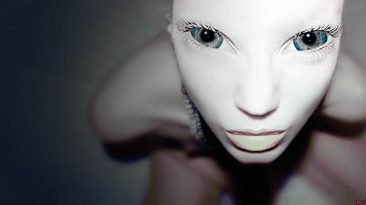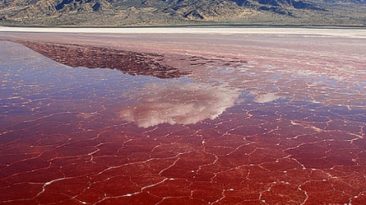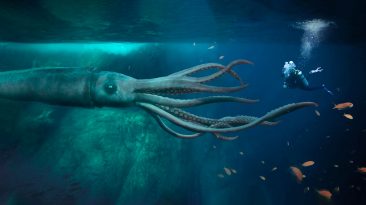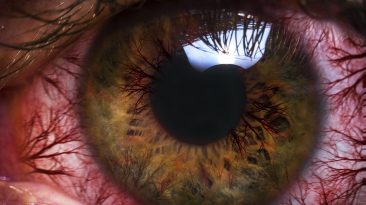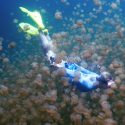With all the work to do, people to see, traffic jams to get stuck in, we all sometimes wish we could be in two places at once. We’ve already cloned sheep, cows, chickens, even monkeys. What if we cloned ourselves?
Is it possible to create an identical you? Would a clone have feelings and be self-conscious? Could you genetically modify them to become better than yourself? Here’s what would happen if you cloned your body.
Cloning is reproducing a genetically identical copy of an organism. Scientists are doing that all the time! But they aren’t cloning humans, they’re mostly making copies of cells or DNA fragments for research purposes.
Occasionally they’ll clone an animal, too. In the case of Dolly the sheep, scientists took a somatic cell from an adult sheep and inserted it into an egg cell that had all of its DNA information removed. Dolly was the first animal to be successfully cloned this way. Since then, we’ve cloned dogs, cats, horses and just recently, for the first time, primates.
It’s not quite at the point where we can buy cloned puppies from a pet shop, but it looks like researchers have figured this cloning thing out. So what if one day they decided to start cloning humans?
[dx_custom_adunit desktop_id=”RTK_CDE4″ mobile_id=”RTK_SUFd”]
It turns out, some organisms are harder to genetically duplicate than others. Dogs are harder to clone than cats, and rats are even harder to clone than dogs. Humans are also among the toughest. Tough, but possible. What if you were the first one ever to make a clone of yourself? Would it be an exact copy of you?
I hate to break it to you, but not only would your clone have a different personality, but they’d also look different.
Think about it this way. Just how identical are identical twins? You may not notice at first glance, but when you look closer one of them has a birthmark on their cheek, and the other one is a little taller.
While you won’t notice much difference in a sheep clone, once you looked at your fresh-from-the-lab “you,” you’d see that it’s… well, not you. You’re more than just a product of your genetic code. Your character, behavior, even your appearance depend on the environment in which you were raised.
You can make a copy of your genes, but copying your memories and experiences is impossible. Oh, and you realize that your clone wouldn’t be your grown-up self, right? You’d have to raise that cloned baby before they get to your age. If they ever do, because clones are typically very unhealthy.
Most likely, they’d have a defective heart, liver, and brain, as well as a very weak immune system. Many cloned animals had their cells age much faster than normal. Your clone’s body would probably get old and deteriorate much sooner than you.
Unfortunately, your clone would be very sick and die early. And they might not even look like you, not to mention a totally different personality.
Human cloning is illegal almost everywhere on Earth. Now and then a group of researchers will claim to have cloned a human successfully. But with no scientific evidence to prove their claims, human cloning remains in the realm of science fiction.
So, if you’re ever on a trip abroad, and meet someone who looks like you, don’t panic. Chances that you were cloned are close to zero.
It’s more likely that you’ve met your doppelgänger – someone who looks exactly like you but is not biologically related.
Subscribe to What-If on Youtube or follow the show on Facebook Watch.
[expand title=”Sources”] [/expand]








